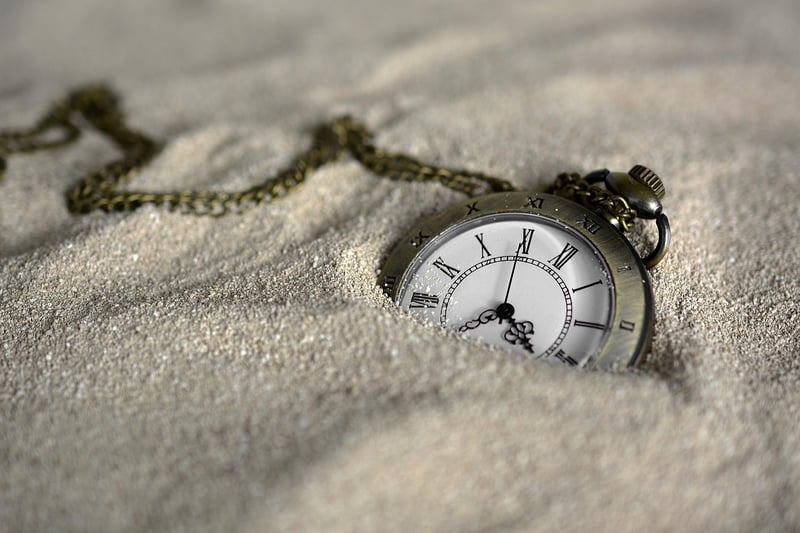Grandfather Paradox
The Rules of Time Travel and the Grandfather Paradox Explained
Introduction
Time travel has been a fascinating concept in science fiction for decades, but what are the rules that govern time travel? And how does the Grandfather Paradox come into play? Let's delve into the world of time travel and explore these intriguing concepts.
The Rules of Time Travel
When it comes to time travel, several rules are often considered to maintain consistency and avoid paradoxes. Some of the key rules include:
- Causality Principle: The idea that an event can only be caused by events that are in the past, not the future.
- Novikov Self-Consistency Principle: The belief that time travel cannot create paradoxes because the past has already been influenced by future events.
- Parallel Universes Theory: The notion that time travel creates alternate timelines, avoiding paradoxes in the original timeline.
The Grandfather Paradox
One of the most famous paradoxes associated with time travel is the Grandfather Paradox. It poses the question: What would happen if you went back in time and prevented your grandfather from meeting your grandmother, thus preventing your own birth?
This paradox highlights the potential contradictions and logical inconsistencies that could arise if time travel were possible without adhering to certain rules or principles.
Conclusion
While time travel remains a theoretical concept, understanding the rules and paradoxes associated with it can provide valuable insights into the complexities of time itself. Whether it's the rules of causality or the mind-bending Grandfather Paradox, exploring these ideas can ignite our imagination and curiosity about the nature of time and space.

For more information on time travel and related topics, you can visit Space.com.
